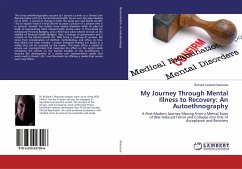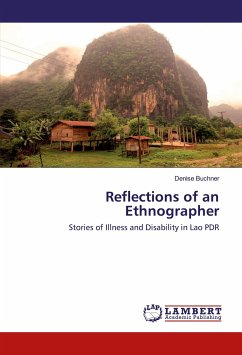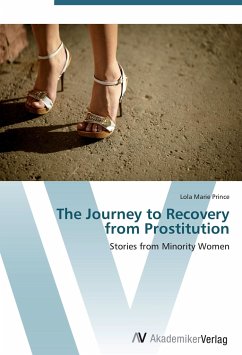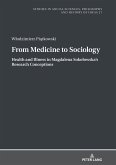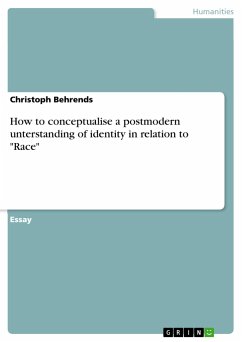This is my autoethnographic account as I pursue a career as a Service User Representative with the Dorset Mental Health Forum over the years leading up to 2010 - a period of change in both the social care and health worlds. I try to explain what it is that ails me to paint a picture of a person who is in general "normal" but suffers from mental disorders while he plies his trade of representing other mental health service users. In this period are introduced Personal Budgets, and a three-year pilot scheme to look at the viability of Personal Health Budgets. Also, a change of government and a revision of the Mental Health Act 1983 bring a shake-up of services. We move from consideration of method, methodology, and ethics, to how that illness had been treated. I ensure emergent themes are based in a reality that can be accessed by the reader. This book offers a model of service user representation that maximises the effect on the system while minimising the effects on the mental troubles of the practitioners. I describe the development of a service user representative model that works well in Dorset, UK. I end this book by offering a model that service users may follow.
Bitte wählen Sie Ihr Anliegen aus.
Rechnungen
Retourenschein anfordern
Bestellstatus
Storno

